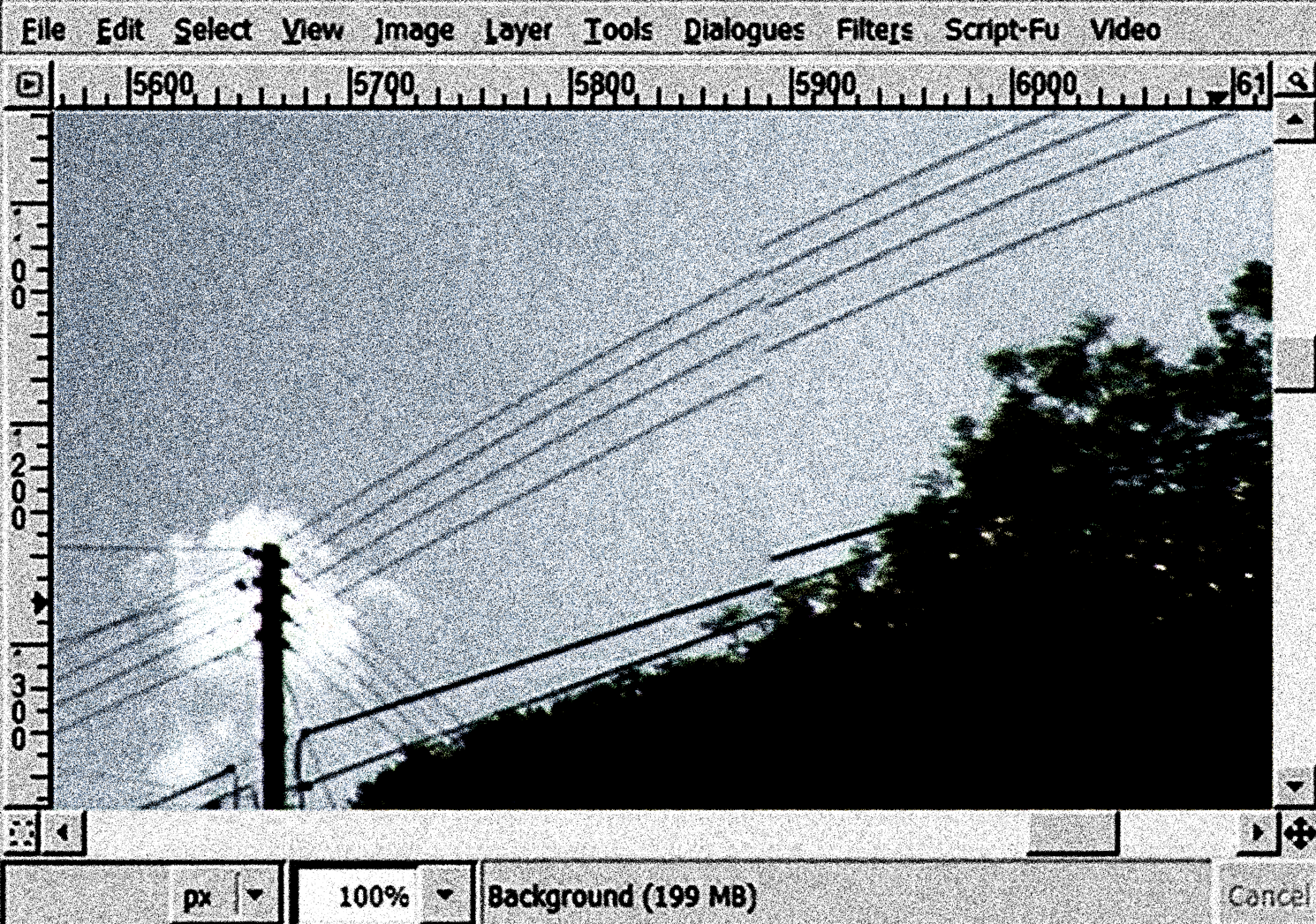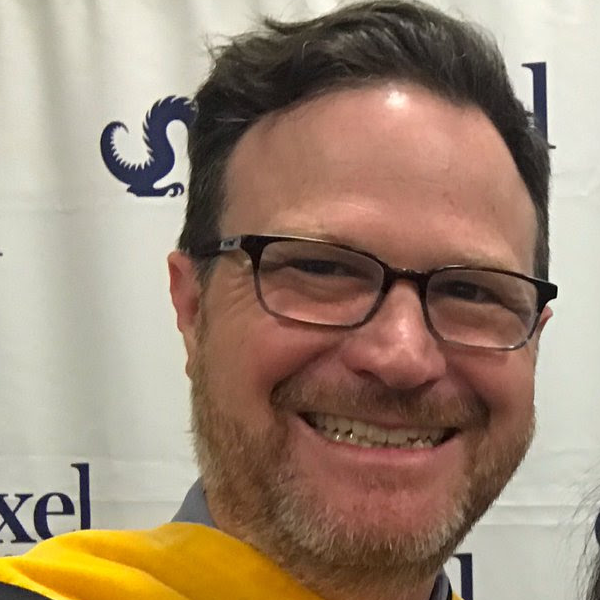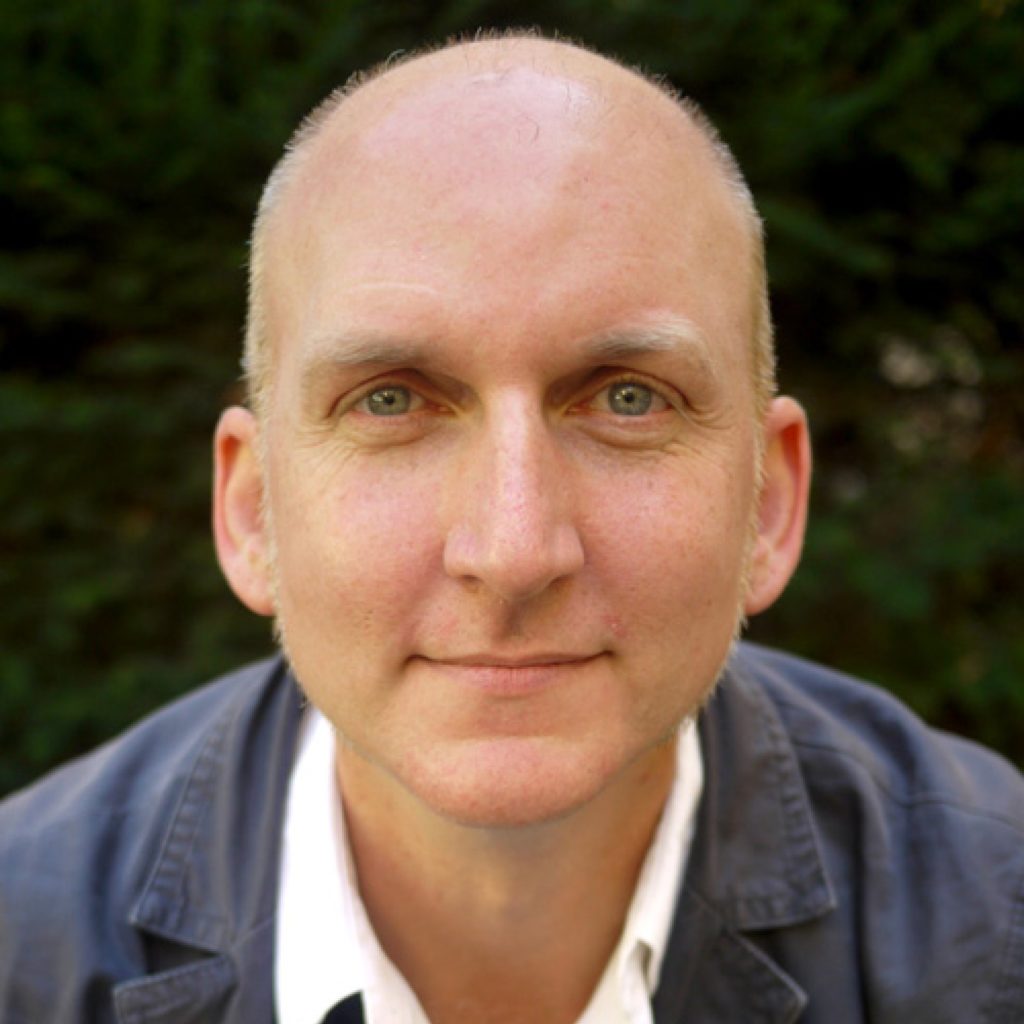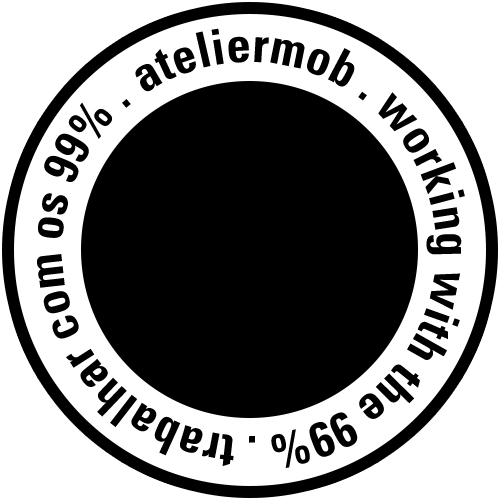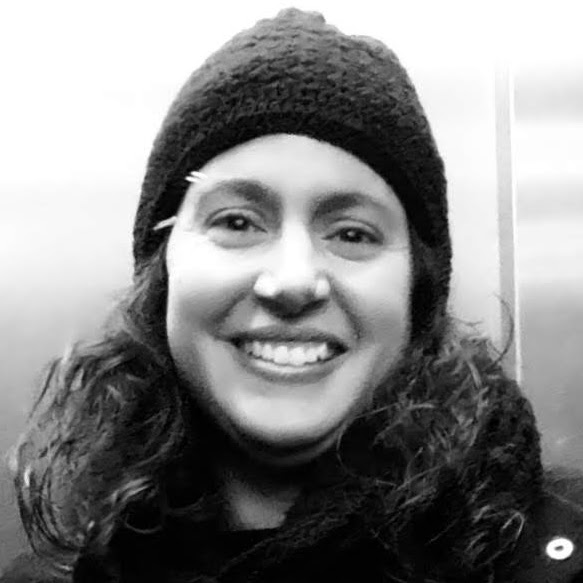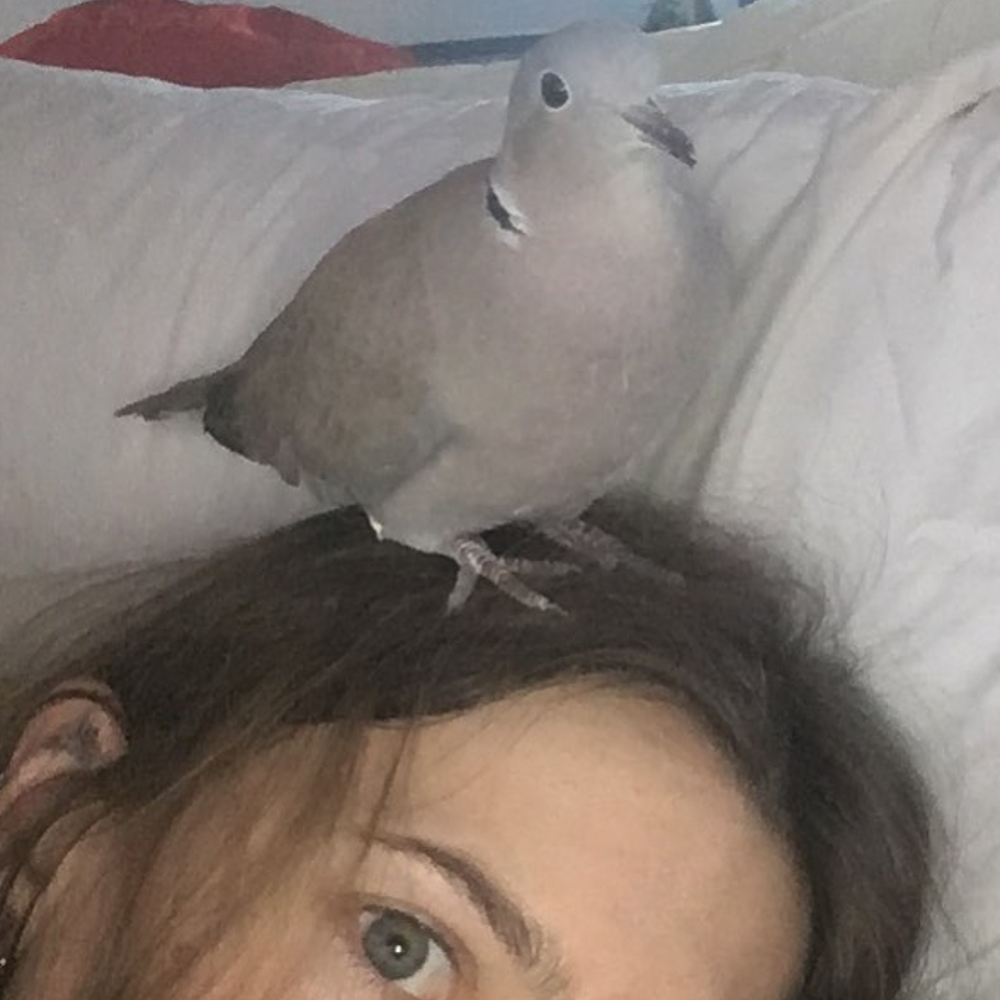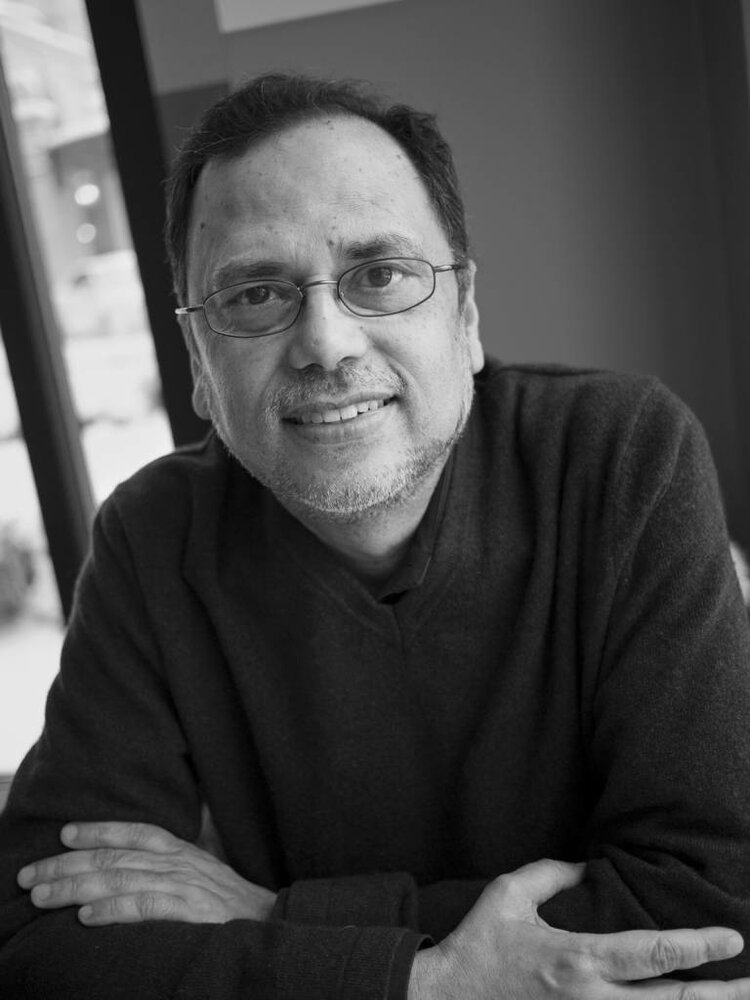6-7 January 2020 // Repoliticizing the Anthropocene
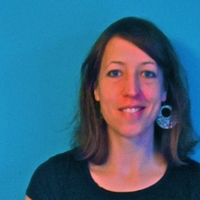
Elizabeth Johnson is Assistant Professor of Human Geography at Durham
University. She is a writer, researcher, and educator studying how
new ties between the biosciences and technological innovation
are changing how we understand life in the context of environmental
precarity. She writes on developing fields like biomimicry, biosensing,
and biotechnology and their influence on how we inhabit our environment.
Currently, she is researching the interface between marine science and
policy with a focus on tensions between marine conservation and the
emerging Blue Economy. The work examines how marine organisms and the
materials extracted from them pass through, across, and into the
different ecological and epistemological worlds to figure in the
production of healthy publics, ecological futures, and promissory economies.
You can visit Elizabeth Johnson’s webpage here.
